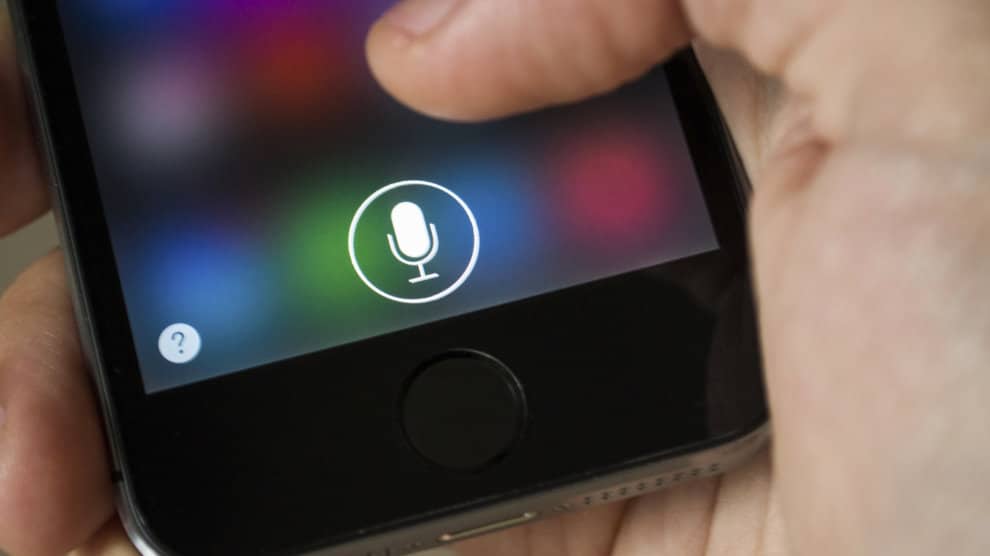Microphone, camera: will the government spy on your phone?
This is one of the most controversial measures of the Orientation and Programming Bill 2023 – 2027 of the Ministry of Justice. Indeed, in the text, many observers have identified an article allowing “the remote activation of an electronic device without the knowledge or consent of its owner […] for the sole purpose of locating it in real time”.
A tool for surveys
This article, the 230-34-1 of the law Project, in other words, will allow investigators to activate a cookie on the smartphone of a person suspected of a crime or misdemeanour. In addition, the text expands article 706-96 of the criminal procedure code by giving law enforcement the possibility of accessing the microphones and cameras of a smartphone, a computer or even a car.
Supervise a use already present
In fact, the purpose of this bill is to enshrine in the code of criminal procedure methods which, at present, are in legal limbo and are thus contested by defense lawyers. A way to see a use already present, but not necessarily framed by law…
The technique will be authorized either by the judge of freedoms and detention, or the investigating judge. Both are independent magistrates.
It is simply a question of adapting the means of investigation to technological developments
👉 https://t.co/b7bXkRdR3t pic.twitter.com/xEe9fuZL8p
— Matthew Audibert (@MattAudibert) May 22, 2023
At first glance, the bill provides some limitations to these methods. Thus, the implementation of spying on an individual via his own smartphone must first be authorized by the judge of freedoms and detention or by the investigating judge. The measure seems to apply only to investigations of crimes and misdemeanors punishable by at least five years in prison. Moreover, in his opinionthe Council of State insisted on certain temporary limits of these actions.
Lawyers fear risk to privacy
As is often the case with security laws, the original intent is understandable. The problem comes from the many doors opened by these measures in terms of the right to privacy and the protection of personal data. For example, the Conseil de l’Ordre du Barreau de Paris is concerned about a violation of the right to defence; indeed, the activation of the microphone and the camera of a suspect can make it possible to listen to the exchanges between the person and his lawyer.
Press release from the Council of the Order | Paris Bar https://t.co/ThrRRpTUx6
— thesecretaireduBâtonnier (@SecretaireduBat) May 20, 2023
Decidedly, the atmosphere is strange lately on the Web. After the recent blocking of Telegram, although apparently accidental, as well as the imminent arrival of an ARCOM blocking power without the authorization of the judge, here is a new news which is already making talk about it.


